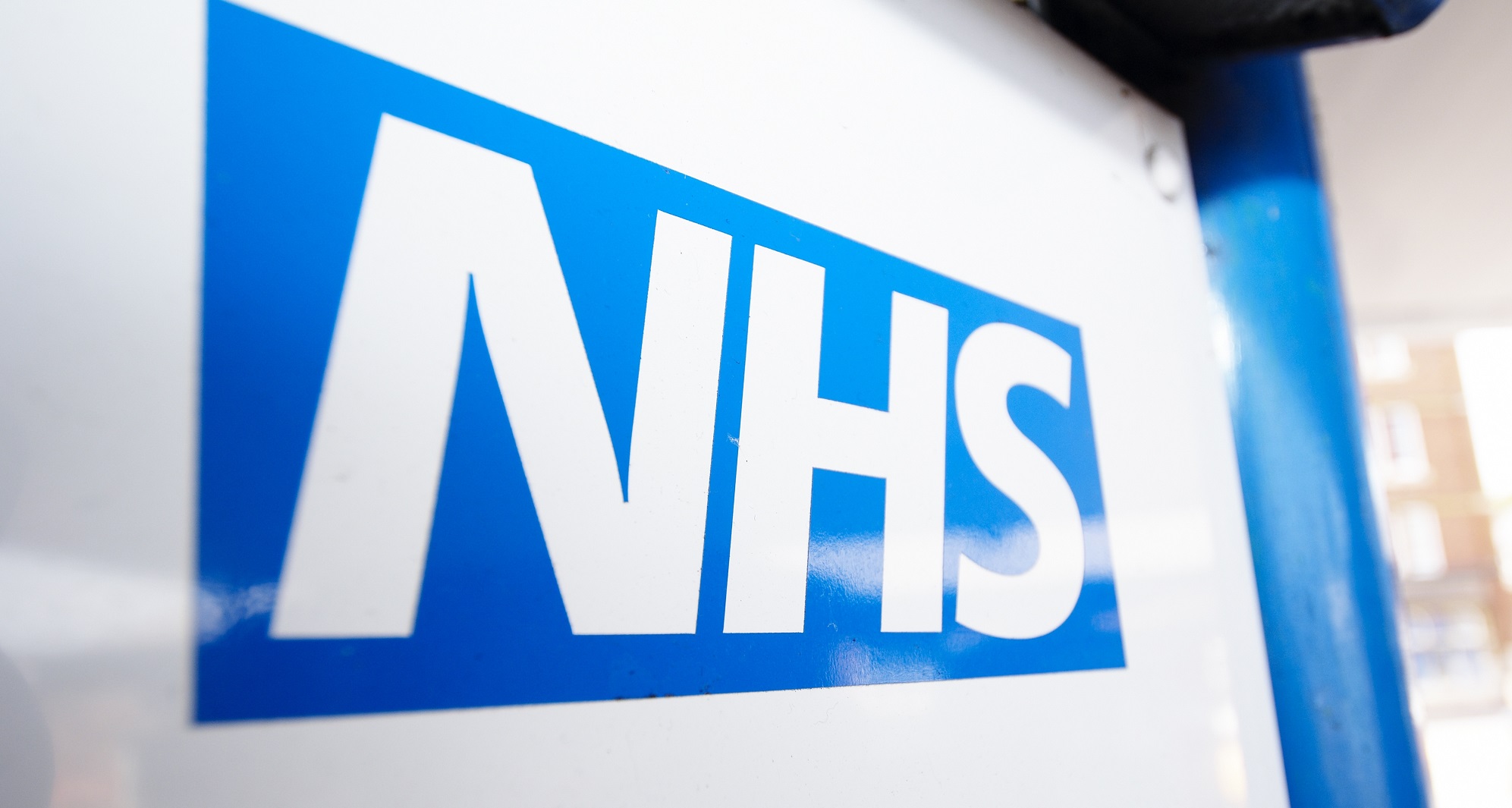NHS set to lose out to Brexit in budget

After a disastrous winter where the NHS struggled to cope with demand, the Chancellor Philip Hammond has suggested that there will be no significant increase in funding in the next budget as the country prepares for the financial fall-out from Brexit.
In an interview with the BBC’s Andrew Marr show, Hammond suggested that despite a strong economic performance since the vote to leave the EU last June, any surplus cash would be used to ensure the country has enough cash for the coming years.
Labour said the government was putting money aside to prepare for Brexit instead of funding the NHS – but Hammond highlighted that the country still had “huge” borrowing levels.
Better than expected economic figures does not therefore mean there will be “money in a pot” for the NHS in Wednesday's budget, said Hammond.
Hammond was expecting to borrow $68 billion in 2016-17 – but according to the fiscal watchdog, the Office for Budget Responsibility, this figure is expected to be reduced by at least £10 billion.
But Office for National Statistics figures show public sector net debt – not including public sector banks – was £1.68 trillion at the end of January, equivalent to 85.3% of GDP. In January 2016 the figure was £91.7 billion.
In a separate Sunday Times article Hammond said that a spending spree would be "reckless, unsustainable and unfair on our young people who would be left to deal with the consequences".
Reports last week suggested the UK could face a £60 billion bill for quitting the EU, as leaders from Brussels will attempt to drive a tough bargain to deter other countries from leaving the union.
Hammond did however acknowledge the pressure on social care services, which according to many experts has led to some of the problems in the NHS.
A lack of social care funding has led to many patients getting stuck in hospital this winter. The latest warning came from MPs on the Communities and Local Government Committee, which said the government should bring forward £1.5 billion from a Better Care Fund to plug a hole in funding in 2017/18.
The report noted that since 2010 the core grant which councils receive from central government has been cut and at the same time, councils' social care budgets faced increasing cost pressures due to an ageing population with complex care needs.
Shadow chancellor John McDonnell said that the government should reverse cuts to corporation, capital gains and inheritance taxes to reverse changes to disability benefits and give a cash injection to the NHS.
The British Medical Association said the government must increase health spending by £10 billion a year to bring the NHS into line with other European economies.













